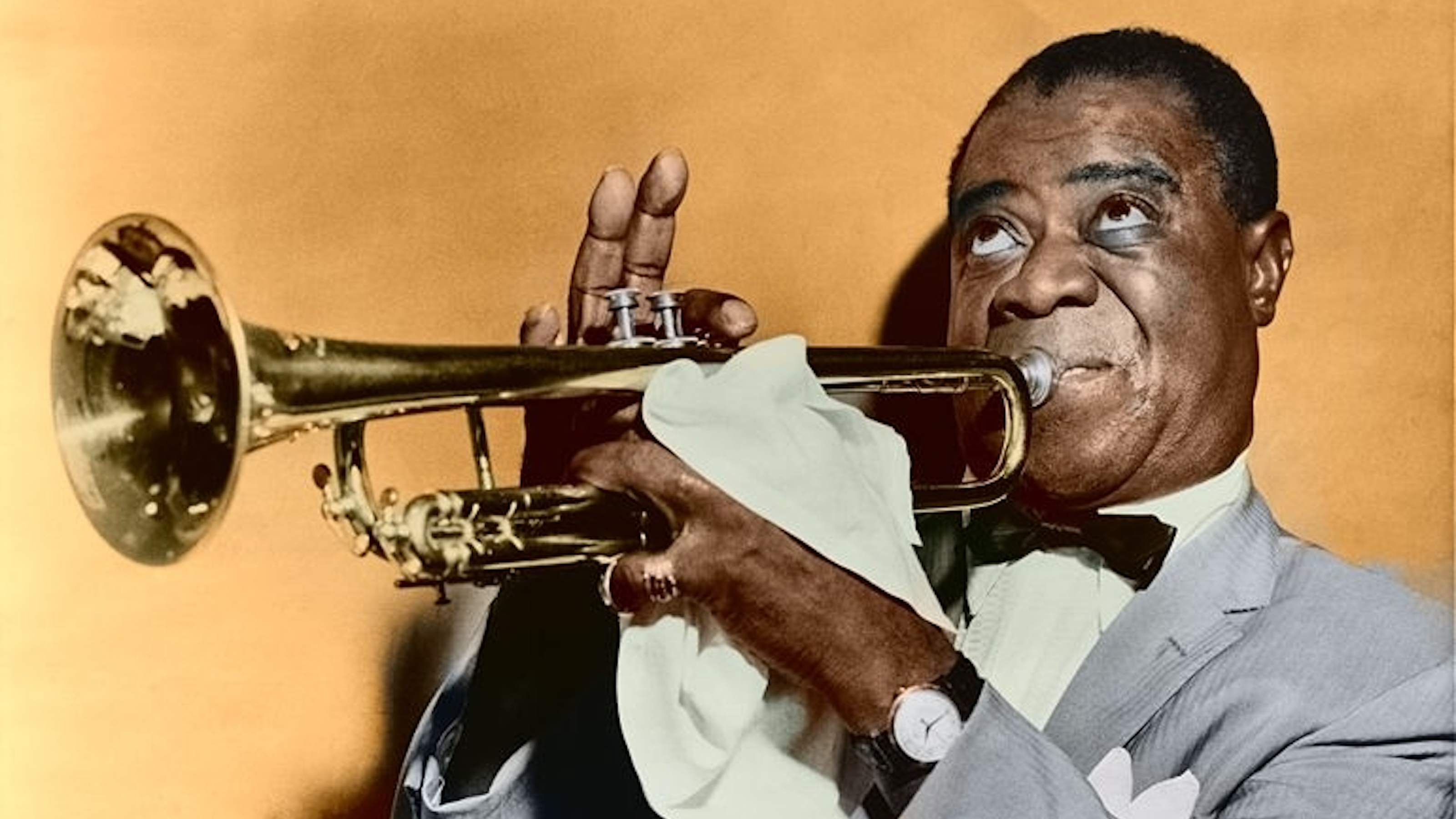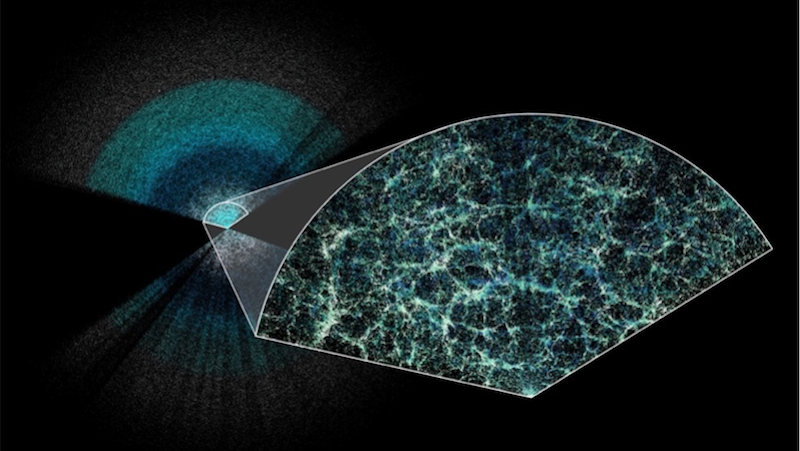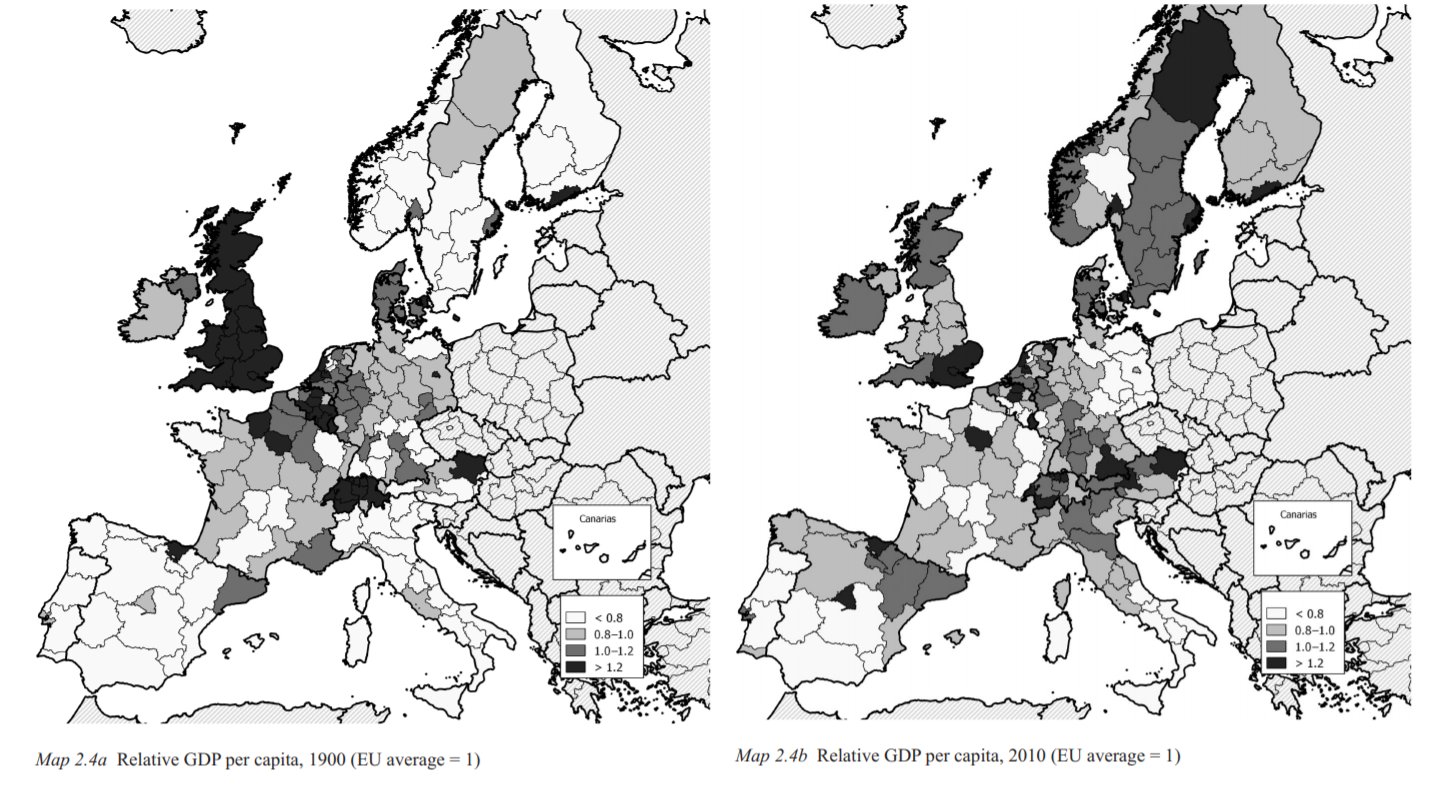Urban strategist and former mayor of Bogotá explains the importance of pedestrian space.
Question: What Makes a City Great?
Penalosa: To me, at some point, it became more and more evident that what really makes a city a good city is it's pedestrian space; that's what really makes a difference. A city where you have great sidewalks, great parks, great pedestrian streets, great plazas; that's what a city really is. Out of the whole planet, the only microscopic space to which we have free access, especially if you are a poor student and you have no car or even money to go anywhere by train, is public pedestrian space in your city. The rest of the planet, we cannot go to other countries without having some Visa or some permission from other countries to let us in. Even in our country, our land is private—we cannot go to this land.
Question: What do citizens deserve from their city?
Penalosa: A good city should provide for some human needs that we have. Those needs are, for example, we need to walk—not just to survive, but to be happy. We could survive inside an apartment all our life, but if we can walk, and then if we can walk in ten meter wide sidewalks it is better than to walk in two meter wide sidewalks.
Then, here again, we come to an issue which is that there are no mathematical formulas when it comes to the signs and cities. It is very ideological—despite what Mr. Fukuyama says, that there is no more ideological discourse—everything about our city is ideological because it is something that cannot be proven right or wrong: The height of buildings? How do we mix commercial and residential? Shops and housing? How wide should sidewalks be? How abundant should parks be? Almost everything that makes a city better or worse is not something that cannot be defined in a certain mathematical or technical way, but we need to walk. We need to be in contact with nature, so we need also to have some trees or water.
We need to be with other people—we like to be with other people. We should be able to walk to buy milk. If we have to take a car to buy milk or to buy bread, then we don't meet many people in the street. We need not to feel inferior. One thing a great city does is that it puts very wealthy people next to very low income people, together, as equals. In parks, in waterfronts, in sidewalks, in public transport; hopefully, in culture and activities. Those are some–but again, we come back here always to the equality issue.





